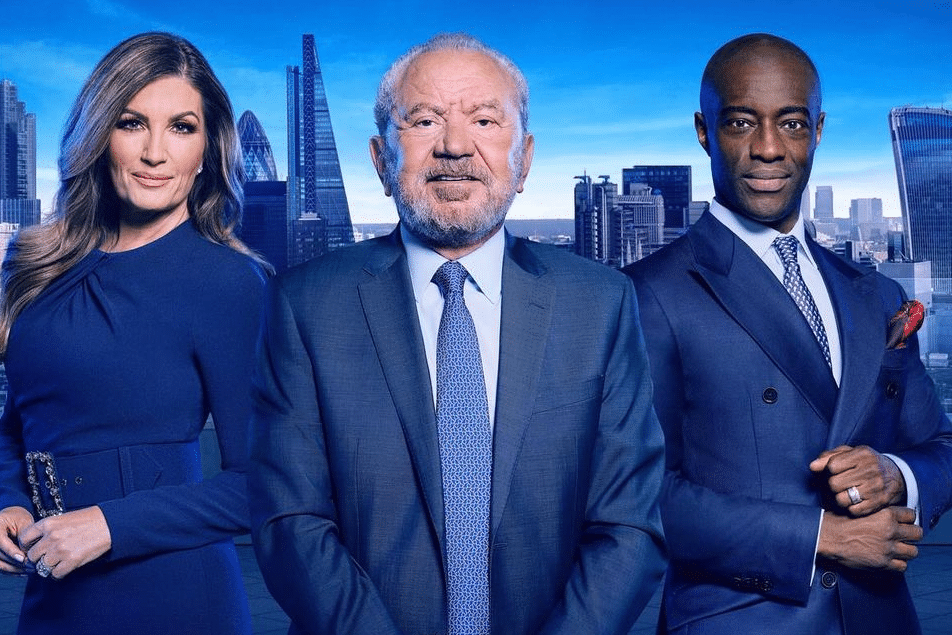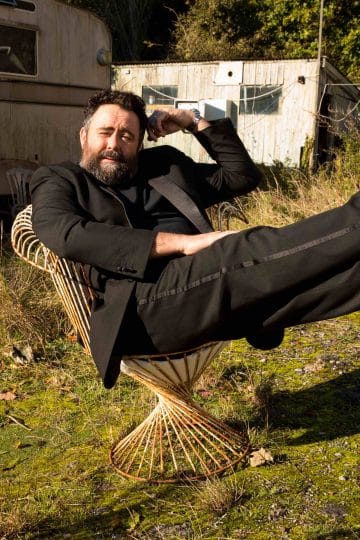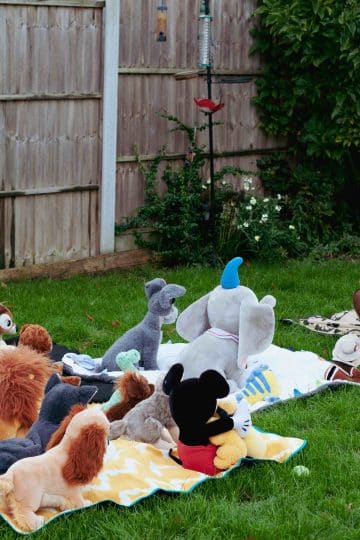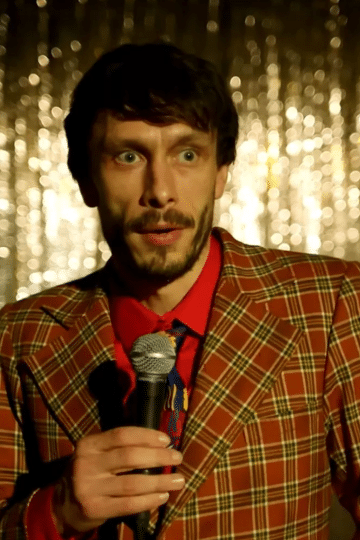The Apprentice: it’s time to fire this toxic show
Culture
The Apprentice has returned and its never looked so dated. In fact, Lord Sugar's show has a lot to answer for around workplace culture
The Apprentice is back! That makes it 18 years in the boardroom for the former Sir Alan Sugar. And let’s hope this is the last series, for boy does it look dated.
It really does feel like such a dinosaur of a TV show, with the blacked-out 4x4s, the blue-tinted London high rises, the glass interiors, and the high chair for little Lord Sugar. Not even rich business people are idealising such things. Anyone who is truly in the wealthy elite plays it down these days: think of the dressed-down tech bros in Silicon Valley, or Diary of a CEO, Steven Bartlett’s podcast, where showing vulnerability is prized over keeping up a big showy front.
Times are changing, but the Apprentice has stayed in the past. And indeed, it has a lot to answer for in the toxic representation of work, success, class and entrepreneurs.
Already in the first episode back we had the candidates spouting things like:
“Competitiveness is in my blood. I will go to any lengths to win this.”
“I didn’t come here to play games, I didn’t come here to make friends. You don’t grow a multi-million pound business by being a pushover.”
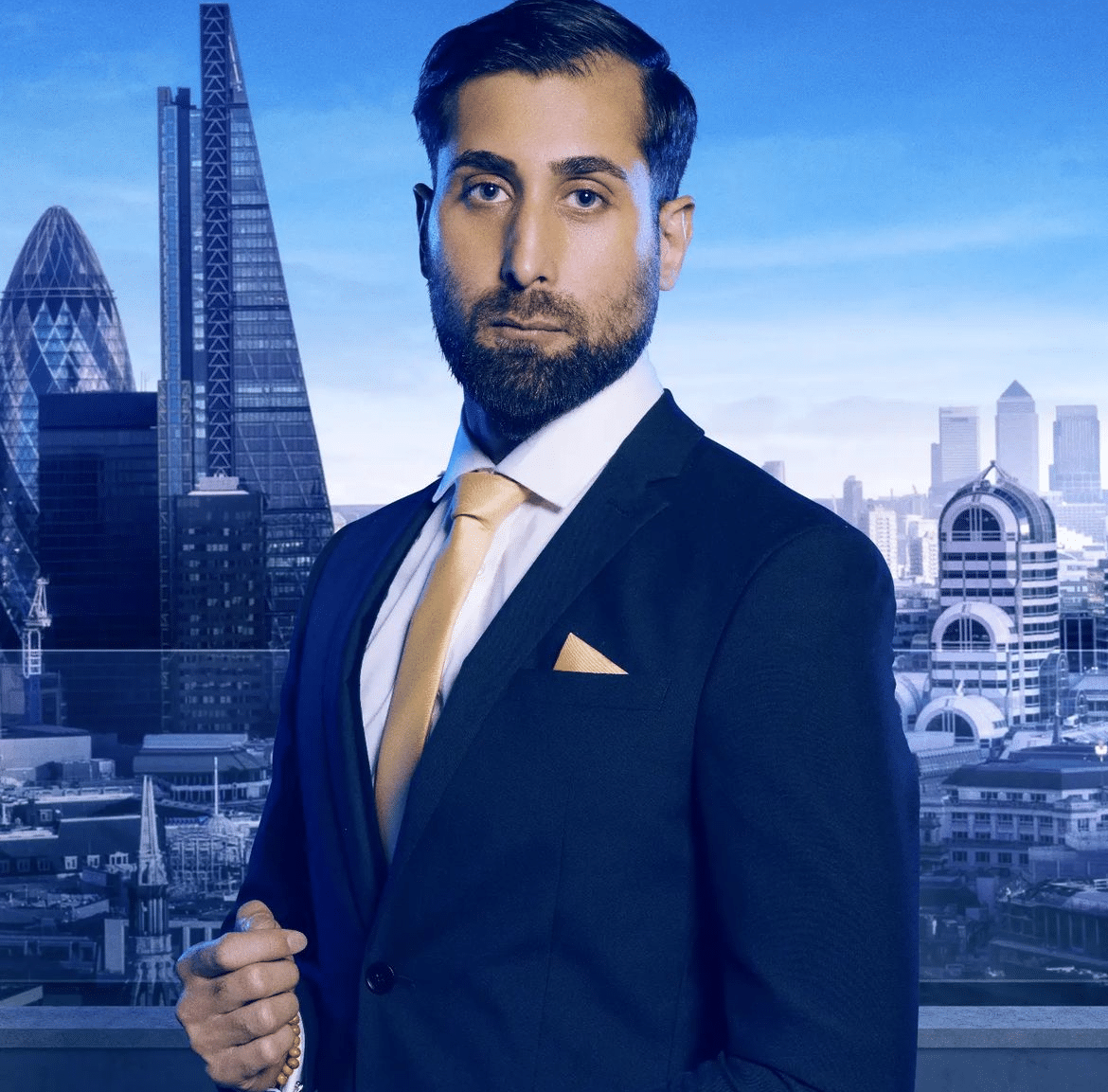
Of course these candidates are cast because they’re a bit excessive, and will no doubt be encouraged towards such absurdities behind the scenes. But that kind of attack-minded, ultra-competitive, lone wolf attitude is prevalent in corporate culture, and is what The Apprentice has always traded upon. The message has been that to get ahead you have to be ruthless, mean, unforgiving and selfish.
Let’s not forget that The Apprentice was originally conceived as a vehicle for Donald Trump (with great timing, there is a new TV series in the works starring Sebastian Stan as the young Trump, called The Apprentice), and his whole spoilt egomaniac uber-Alpha schtick remains all over the show.
Dominance-as-strength, weakness-as-shame, failure-as-death, money-as-God.
You do whatever it takes to win in The Apprentice’s Trumpian universe. You shaft other people, take the credit, shed friends, ditch ethics, and seek out and destroy the weak around you.
To say that this attitude has a damaging effect is something of an understatement. Stress, depression and anxiety represented half of workplace illnesses according to a YouGov poll, a figure which had risen significantly over the past 20 years. Daily stress affects over half the workers in Britain, it said.
But it’s not just the mental health consequences of this kill or be killed attitude in The Apprentice that is troubling (though note how the series is quick to go to lengths to follow up on the winners of the series, but not follow up with the ‘losers’ who are frequently cast out of the boardroom in abject humiliation), it’s the power dynamics too.
There is a sense of the haves and the have nots. There’s the wealthy, elite success stories like Lord Sugar, and his assorted straight-backed know-it-all cronies, and then there’s the wannabes who aspire to be in that elite world. The whole reason for the show is essentially to see these wannabes embarrass themselves as they shoot for glory. Tasks are set up to challenge the contenders but more than anything, set them up for a fall. Of course this can be funny, the moment in the first episode of the new series where the girls’ team used crumble instead of breadcrumbs on the fishcakes they were making for a group of hoteliers was a laugh out loud moment. But putting this fun stuff into the wider context of the power ideology of the show, displayed when they head back to the boardroom for mockery, feels pretty uncomfortable now.
You idiots! How could you! You morons! Lord Sugar destroys them with his scripted one-liners and he gets to do his accusatory, Roman emperor finger point of disgrace, to cast them out forever: ‘You’re fired!’
No they’re not, Alan, they’re not employed by you in the first place. ‘You’re a loser’ is what it really means.
The same goes for the later interview stage of the series, when the task of the interviewers is to trick, expose and embarrass the candidates. The process is not about finding their usefulness, their skills, their achievements. The hierarchal set-up is that the candidates are lying pathetic worms and the men on the other side of the desk have every right to kick them for it.
Yes, it’s a TV show which plays this up for our entertainment, but it plays into a genuine cultural attitude: the bosses, who have all the power and knowledge, versus the serfs, who have nothing, and can’t be trusted. You see this everywhere, from the policing of working from home, to the lack of support in parental leave, the attitude that the people who work for you are taking the piss.
It’s very depressing. Very old school. And fundamentally it is stupid. If these elite people can’t see that nurturing and providing support for the people who work for you isn’t the best way to create a successful business, well that’s just dumb; you lose the best talent.
And actually, a culture change has happened, or is happening. Businesses know they have to build in mental health support, inclusion policies, diversity policies, or risk public exposure, dressing downs, and lawsuits. You’d hope it’s also because they are increasingly run by bosses who do care and want to do the right thing by the people who are spending their years of work providing for their families in your offices.
The Apprentice has tried to move a little bit with the times. Mostly by shifting the prize of the series from a job with Sugar, to having him invest in their business. But still the idea has been that you have to be a hardcore always-on semi-monster to get ahead in the entrepreneurial game.
Somewhat crassly, this new series made an attempt at a contemporary touch by beginning with the words: “It times of economic uncertainty, bold players can win big.”
In other words, the cost-of-living crisis is no excuse, you just have to be a winner. Classic no-society, no-support neoliberalism, which of course has had such a detrimental effect on the country and people’s mental health. In fact, the rampant selfish competitiveness which The Apprentice sits atop of, directly led to the banking crisis in 2008, when hyped-up risk-taking unregulated bankers ended up tanking the global financial system, something which led to years of austerity for us which we are still suffering from.
If you look at the suicide statistics, there were many decades of declining suicides up until 2008, after which the figures started to rise again. Mental health is not some wellness fad, it is directly linked to politics and economics, and the culture of success-at-all-costs existing in business has had terrible consequences for many, many normal people.
For the show to now use economic uncertainty as a reason for The Apprentice to exist, as if it were doing something to help, is a bitter pill to gag on.
Please now, it’s time to fire The Apprentice, for the good of us all.
Trending
Masculinity 5 days ago
Sport 1 week ago
Health 1 week ago

Join The Book of Man
Sign up to our daily newsletters to join the frontline of the revolution in masculinity.



